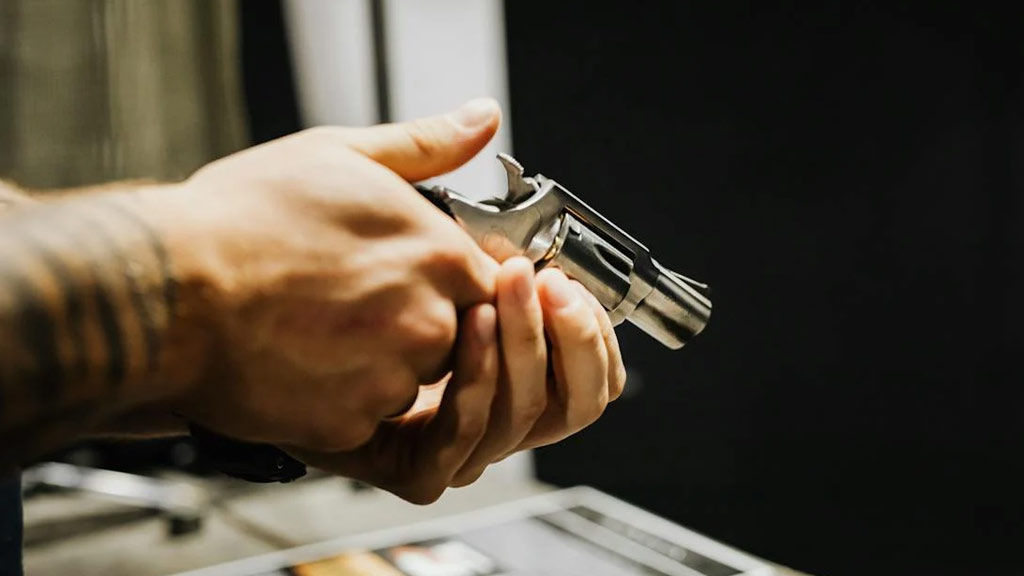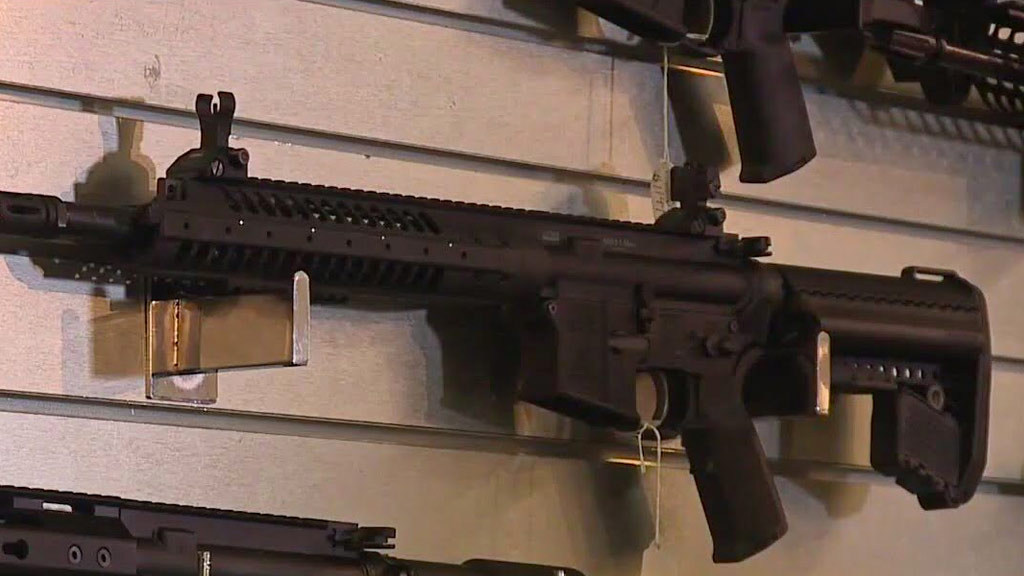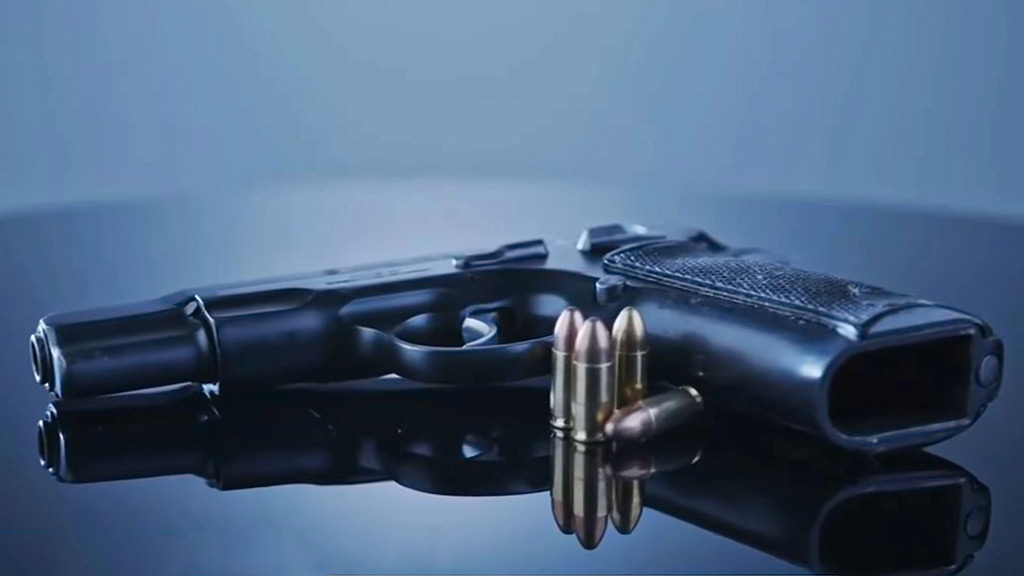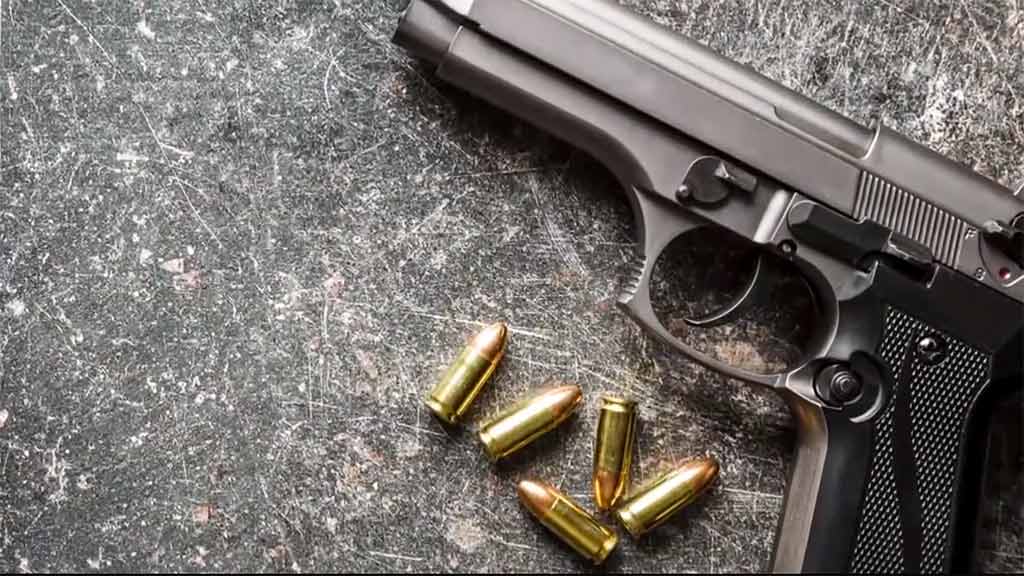Massachusetts boasts some of the nation’s strictest gun laws, emphasizing a balance between individual rights and public safety.
Enacted to mitigate the risks associated with firearm ownership, these laws cover various aspects, including licensing, registration, and restrictions on certain types of firearms.
The state’s regulatory framework aims to prevent gun-related violence while allowing responsible citizens to exercise their Second Amendment rights.
As we delve into the complexities of gun laws in Massachusetts, we witness a meticulous approach to firearm regulation that serves as a model for other states grappling with the challenge of striking the right balance in the realm of gun ownership.
Gun Laws In MA
Massachusetts boasts strict gun laws designed to prioritize public safety while respecting individual rights. These laws cover various situations to ensure responsible firearm ownership.
Here are seven key situations according to Massachusetts gun laws:
Firearm Purchase

Individuals looking to purchase firearms in Massachusetts must undergo a thorough background check and obtain a Firearm Identification (FID) card or a License to Carry (LTC) permit. This ensures that only qualified and law-abiding citizens have access to firearms.
Transportation Regulations
Transporting firearms in Massachusetts requires adherence to specific regulations. Firearms must be unloaded and stored in a locked container during transportation, promoting safe and responsible handling.
Private Sale Restrictions
Private sales of firearms without proper documentation are prohibited in Massachusetts. All firearm transfers, including private sales, must go through a licensed dealer to ensure background checks are conducted.
Assault Weapons Ban

Massachusetts has enacted an Assault Weapons Ban, prohibiting the sale and possession of specific types of firearms classified as assault weapons. This measure aims to reduce the potential for mass shootings and enhance public safety.
Waiting Periods
The state imposes waiting periods for firearm purchases, providing a cooling-off period to assess the buyer’s eligibility. This helps prevent impulsive purchases that could lead to gun-related incidents.
License to Carry (LTC) Restrictions

A License to Carry (LTC) permit is required for the concealed carry of firearms. Massachusetts law outlines strict eligibility criteria for obtaining an LTC, including background checks and demonstrating a valid reason for carrying concealed.
Domestic Violence Restrictions
Massachusetts gun laws address domestic violence situations by prohibiting individuals with restraining orders or convictions related to domestic violence from owning firearms. This ensures the safety of potential victims and minimizes the risk of firearm-related violence in domestic situations.
Gun Laws Application Process, Fees, And Renewals In MA
Massachusetts has a comprehensive application process for obtaining a firearm license, ensuring a thorough evaluation of individuals seeking to own firearms.
The state’s application process, associated fees, and renewal procedures contribute to a regulatory framework that balances individual rights with public safety.
Application Process
To apply for a firearm license in Massachusetts, individuals must complete an application available through the local police department or online.
The process includes providing personal information, undergoing a background check, and submitting references.
Applicants may also be required to complete a firearm safety course approved by the state.
Fees

Massachusetts imposes fees for firearm licenses, with variations based on the type of license sought.
The fees contribute to the administrative costs associated with background checks, processing applications, and maintaining oversight of firearm ownership.
It is essential for applicants to be aware of the specific fees associated with the desired license type.
Renewals
Firearm licenses in Massachusetts are typically valid for six years. To ensure continuous eligibility, license holders must undergo a renewal process before their license expires.
This involves submitting updated information, undergoing a background check, and sometimes participating in additional firearm safety training. Renewal fees apply, emphasizing the ongoing commitment to responsible firearm ownership.
What Is A Class A Gun License In MA?

In Massachusetts, the Class A gun license is a key component of the state’s stringent firearm regulations. Designed to balance individual rights with public safety, the Class A license is a comprehensive permit that allows individuals to possess, purchase, and carry firearms, including handguns and large-capacity weapons.
Here are the key features of the Class A gun license:
Firearm Possession
The Class A license authorizes the holder to possess various types of firearms, including rifles, shotguns, and handguns. This provides individuals with a broad range of options for lawful firearm ownership within the state.
Handgun Carry
One notable feature of the Class A license is its provision for carrying handguns. License holders can carry concealed or openly, but they must adhere to strict regulations governing handguns’ safe and responsible carrying in public spaces.
Large-Capacity Firearms
Class A license holders are permitted to own and possess large-capacity firearms. This includes handguns with a capacity of more than ten rounds and certain types of semi-automatic firearms, subject to specific regulations outlined in Massachusetts law.
Background Checks and Eligibility
Obtaining a Class A license requires undergoing a rigorous background check. Applicants must demonstrate their suitability for firearm ownership, including considerations of criminal history, mental health, and compliance with other relevant laws.
Firearm Safety Course
Individuals applying for a Class A license may be required to complete a state-approved firearm safety course as part of the application process. This training ensures that license holders possess the necessary knowledge and skills for responsible firearm ownership.
Restricted and Unrestricted Versions
The Class A license has both restricted and unrestricted versions. An unrestricted Class A license allows for carrying a concealed handgun, while a restricted license may limit carrying privileges.
The type of license granted depends on factors such as an applicant’s background and the stated purpose for firearm ownership.
Massachusetts’s Class A gun license stands as a comprehensive permit that grants individuals the authority to possess, purchase, and carry firearms.
With provisions for handguns, large-capacity firearms, and a strict application process, the Class A license reflects the state’s commitment to regulating firearm ownership while recognizing individual rights within a framework of responsibility and safety.
FAQs
Can I carry a concealed handgun in Massachusetts?
Massachusetts issues concealed carry licenses based on the applicant’s suitability. The Class A license allows for concealed carry, while Class B and F licenses have specific restrictions on carrying.
Are there restrictions on the types of firearms I can own in Massachusetts?
Yes, Massachusetts restricts certain types of firearms, including assault weapons and large-capacity magazines. Compliance with these restrictions is integral to lawful firearm ownership.
How does Massachusetts address private firearm sales?
Private firearm sales in Massachusetts must go through a licensed dealer to facilitate background checks and ensure proper documentation, promoting responsible transfers.
Can I own a machine gun in Massachusetts?
Massachusetts generally prohibits the ownership of machine guns. Exceptions exist for law enforcement and certain individuals with federal authorization.
What penalties exist for violating Massachusetts gun laws?
Violating Massachusetts gun laws can result in severe penalties, including fines, imprisonment, and the revocation of firearm licenses.
The state enforces these consequences to maintain public safety and uphold regulatory compliance.
Conclusion
Massachusetts’ gun laws stand as a testament to the state’s commitment to fostering a secure and responsible environment for firearm ownership.
The state has created a robust framework that addresses the complexities of individual rights and collective well-being by incorporating comprehensive licensing processes, restrictions on certain firearms, and measures to enhance public safety.
While providing avenues for responsible gun ownership, Massachusetts’ laws underscore the necessity of stringent regulations to minimize the potential for gun-related incidents.
The state’s approach reflects an ongoing effort to adapt and refine policies, ensuring that the rights of citizens are respected without compromising the community’s safety.
Jaclyn Lowe